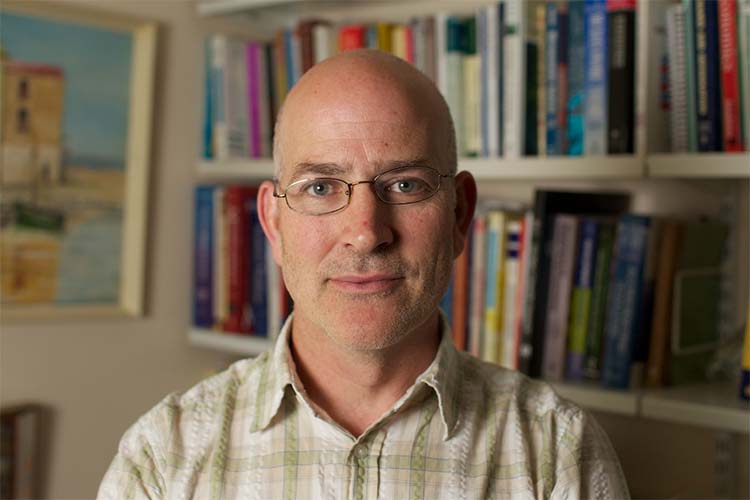Professor Iain Fraser responds to the Government’s first reading of the new Agriculture Bill (16 Jan).
Responding to the Government’s first reading of the new Agriculture bill, Iain Fraser, Professor of Agri-Environmental Economics, said:
‘This Bill potentially marks a radical change to how farmers and landowners are to be supported by Government. Many rural commentators are positively disposed to many of the proposed changes with good reason; given the many know limitations of existing agricultural policy.
‘Fundamentally, the Bill will change what farmers must do to continue to receive tax payer’s money. The existing form of agricultural support, such as the Basic Payment Scheme which pays many farmers in excess of £200 per hectare for simply being farmers, is to be withdrawn in 2021. Then, after a seven year transition period, farmers will only receive public money for the production of public goods and for productivity boosting activities.
‘The Bill identifies activities and land uses that the Secretary of State may provide financial assistance for, including “managing land or water in a way that protects or improves the environment“. This means farmers will be rewarded for providing environmental protection or improvements which continues a long standing part of agricultural support. The explicitly financial support for the environment will mean that the aspirations of the 25 Year Environment Plan and net zero carbon emissions by 2050 will be achieved.
‘There are also some significant new purposes identified in the Bill. For example, livestock health and welfare may attract financial assistance along with soil. Many have welcomed these changes in emphasis for what farmers can and will be rewarded for doing. But, it is unclear why some of the “purposes” are considered as public goods. There is a strong argument that instead of rewarding farmers for protecting the soil, they should in fact be viewed as breaching their duty of care if they do not protect the soil, and in turn be subjected to the polluter pays principle if they damage the soil. Also, as the quality of the soil on a farm is inherently captured in the capital value of a farm, by paying farmers to protect the soil, tax payers could simply be increasing the value of a privately held asset. As such there is need for much clarification around how and what future farm payments will be made for.
‘Finally, how agriculture and the food sector will respond to the new support system, depends in large part on future trade deals. As yet there is little clarity regarding future trade arrangements. And only once trade arrangements become clear will the wider implications for farming, and the mix of farming activities that remain, become clear.’
Iain Fraser is a Professor of Agri-Environmental Economics, School of Economics, University of Kent. His research interests cover various aspects of agricultural, environmental, food and resource economics. He has previously been an editor of the European Review of Agricultural Economics and is currently involved with developing an international open access journal in his research areas.
by Sam Wood

